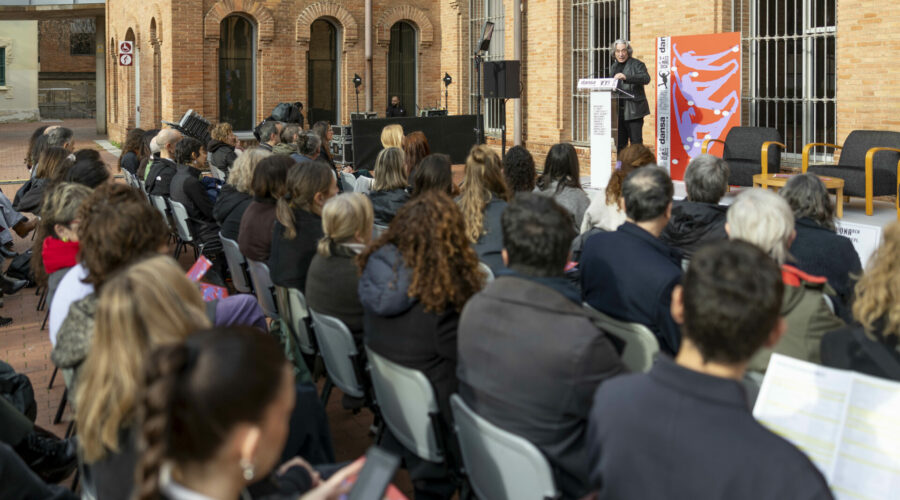
Barcelona, along with eight other European cities, is part of the Eurocities network that promotes the regulation of algorithmic systems and Artificial Intelligence, AI.
Therefore, they developed a free open source “data schema” to perform the algorithm records of the cities.
In short, it is a document that sets common guidelines on the information that can be published about algorithms. It includes a registry of open-access algorithms as a guarantee of transparent and ethical data use.
In addition to Barcelona, the group of cities includes Rotterdam, Eindhoven (Netherlands), Bologna (Italy), Brussels (Belgium), Mannheim (Germany) and Sofia (Bulgaria).
They are also part of the initiative to ensure the ethical use of Artificial Intelligence.
Barcelona promotes regulation of algorithmic and AI systems
For his part, André Sobczak, secretary general of Eurocities, stated that “Artificial Intelligence is a good enabler to improve public services and support policy making. However, its use brings ethical concerns”.
Under this scenario, the work of all cities, including Barcelona, seeks to establish a standard for the ethical and transparent use of algorithms, while the use of AI in these European cities is still in “relative infancy”.
The strategy seeks to provide a privacy guarantee on personal data used in the framework of artificial intelligence systems by municipal agencies.
Barcelona City Council’s goal
The City Council will seek to be able to implement a municipal algorithm registry based on this data scheme by 2023.
Thanks to this, anyone will be able to access information related to the data used to train the system, its legal basis and proportionality, human supervision or objection procedures.
Laia Bonet, Deputy Mayor for Digital Transition of Barcelona, celebrated that this group of European cities are leading the digital transformation based on respect for people’s rights.
The advantage of all these steps is that it will be guaranteed that the European, state or regional model on artificial intelligence supervision protocols will also reach the local administration.
The first steps of this initiative were taken in May 2012, when the European Commission presented the Artificial Intelligence Regulation, a document that followed the White Paper on Artificial Intelligence.
These documents have been the basis of inspiration for other administrations to start thinking about the need to establish regulations to protect against technology.
After the issue was addressed at the continent, country and community levels, it was time for the local level to take steps to regulate and govern algorithmic systems.



